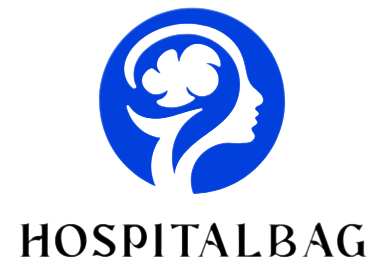
If your loved one has to be placed in a long-term healthcare facility, you can be assured that a CNA will soon know almost everything about them. A CNA (Certified Nurse Assistant) will be the face you see first, as they ready the room and bed for your loved one. This person will become acquainted with your loved one on many levels. For instance, the CNA will find out:
- Likes and Dislikes
- Personal Style
- Bathing Preferences
- Mobility Issues
- Health Problems
Information Invasion
Certified nursing assistants take special CNA classes in order to be able to glean important information for your loved one. They learn how to recognize fruity-smelling breath as a diabetic emergency. They monitor vital signs for fluctuations that may signal a health problem. These individuals can look at skin and discover red areas that could become bed sores. That is why a CNA will make sure they know the resident as well as possible. The knowledge could save your loved-ones life.

What Does A CNA Do?
Your CNA has a wide variety of responsibilities. Patient care is foremost. Duties can include:
- Bathing
- Dressing
- Toileting
- Feeding
- Changing Linens
- Companionship
CNA classes also prepare individuals to read blood pressure, take temperatures, count respirations, and measure urine intake and output. All of this information is then passed on to nurses and doctors. From there, a plan of care can be implemented that will allow your loved one to live their best life.
The CNA may discover food allergies or food dislikes. This can help dietary staff to create meals the resident will enjoy. A CNA may be the first to notice mobility difficulties. Using a walker or a wheel chair could be a good option for the individual. Maybe an individual has become combative or lethargic where they were once peaceful or active. The CNA who notices this can inform the nurse of the changes. There may be an underlying medical problem, such as a UTI, that is causing the change. Cognitive changes, or altered sleep routines can also be noticed first by a CNA.
Your family member’s CNA will usually interact with them multiple times daily, feeding them meals, taking them to the bathroom, or just giving them companionship. This allows the CNA to observe the changes rapidly for the best outcome. CNA classes help an individual to recognize all of these symptoms. In these classes, people learn to take vital signs. They learn the acceptable ranges for blood pressure, temperatures, and blood sugar levels. They will notice if urine is dark, bloody, or concentrated. Your CNA will also know that it is imperative that the information get to the nurse quickly.
A good CNA is the eyes, ears, and hands, of the medical body. They provide the front line for safety and quality of life of your family member.






